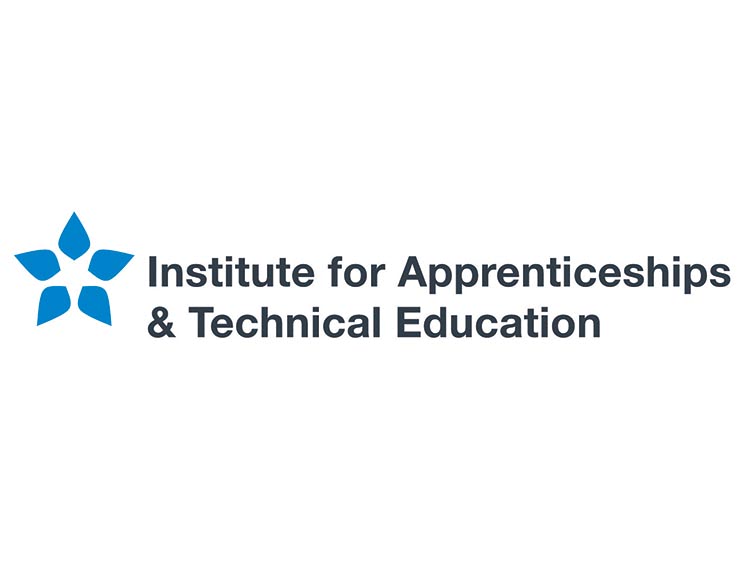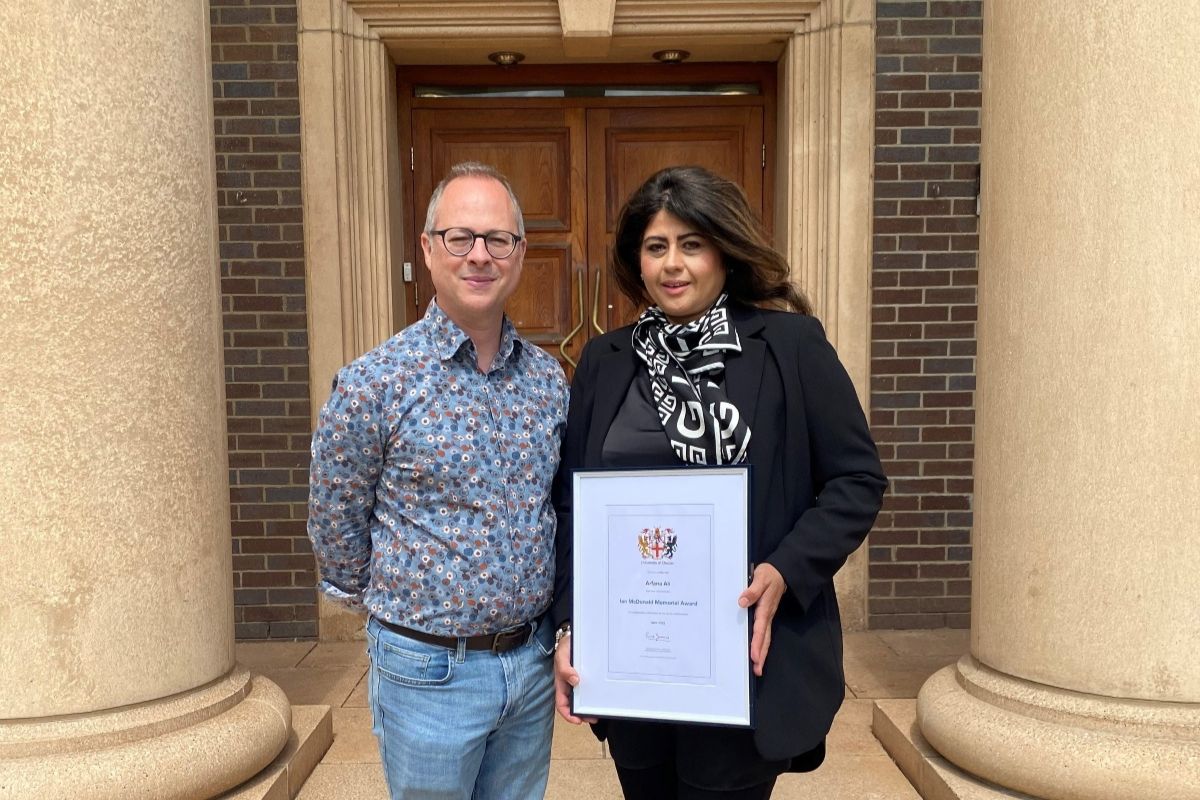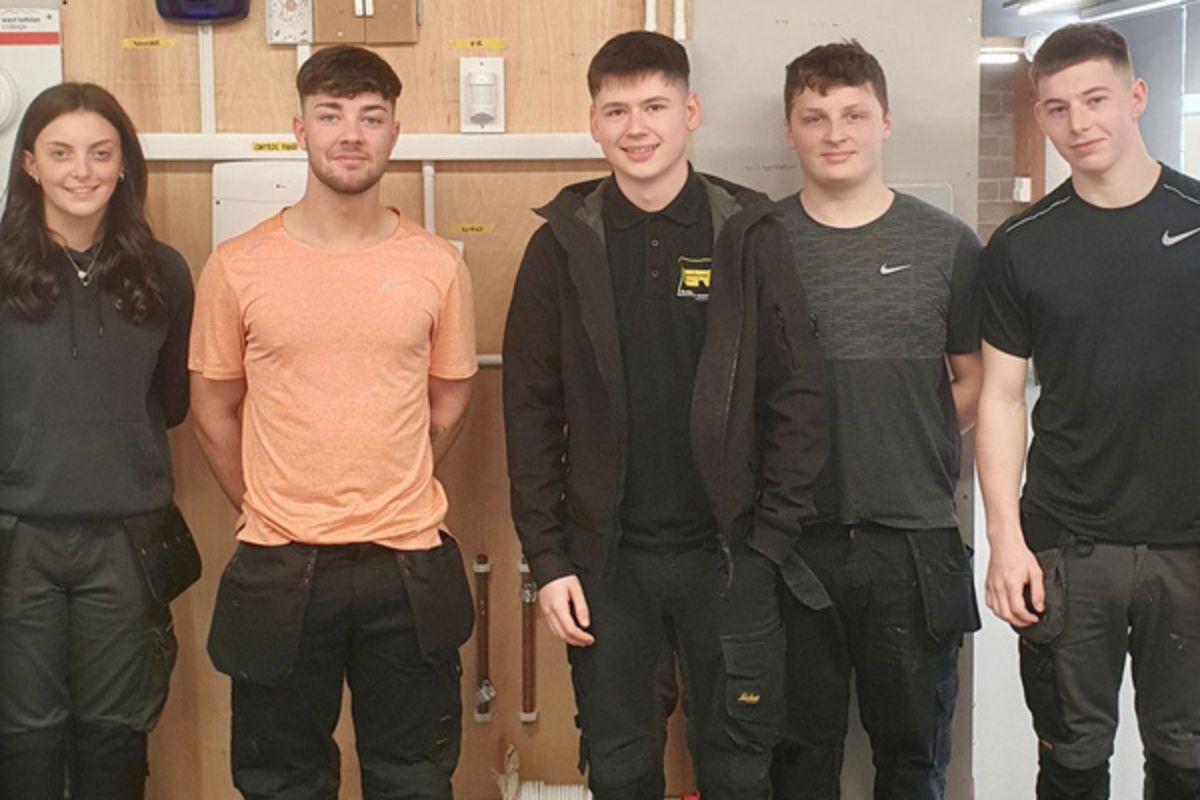Cycle three – Approvals criteria – Higher Technical Qualifications

To obtain approval, level 4 and 5 qualifications must meet the criteria below and applicants must agree to the terms and conditions for approval. Applications should be made via the online cycle 3 application form (to be published shortly).
1. Alignment with Standards
Criteria
The Higher Technical Qualification (HTQ) must relate to one or more occupations for which occupational standards are published at level 4 or 5.
How the criterion will be applied
We will determine whether or not your qualification relates to one or more of the published standard(s) which are in scope for this cycle of HTQs.
Identifying occupations for which there are standards.
The occupations and standards in scope for HTQ approval are listed here. Approval will only be made against occupations where there is a published occupational standard and where that standard is in scope for HTQ approval. In the online application form, applicants will be asked to clearly identify the occupation(s) the qualification aligns to. Where a qualification aligns to more than one occupation, the approval criteria must be met in full for each occupation in order for the qualification to be approved by the Institute as a Higher Technical Qualification.
Some occupational standards (called core and options standards) cover several separate occupations with similar training needs. Applicants should identify which occupation(s) /option(s) the qualification aligns to.
Levels of occupations and qualifications
We will accept the submission of level 5 qualifications against occupations at level 4. This may be appropriate because qualification content could go beyond the knowledge, skills and behaviours (KSBs) in the level 4 occupational standard. The level 5 qualification would need to meet our criteria for approval.
We do not generally expect to approve level 4 qualifications against occupations at level 5 because it is unlikely that a qualification at level 4 could fully cover the knowledge, skills and behaviours of a level 5 occupation. However, please contact the Higher Technical Qualification team before submission if you have a level 4 qualification that you feel aligns to a level 5 standard and meets all of our other criteria. We will be happy to discuss this further with you.
We will not accept the submission of a qualification unless it aligns to an occupational standard at level 4 or 5. We will only accept submissions of level 4 and 5 qualifications for Higher Technical Qualification approval.
Qualifications with multiple optional units
Some qualifications include multiple optional units, modules or pathways. We will only approve qualifications where all possible module, unit or pathway combinations cover the knowledge, skills and behaviours in the occupation(s) to which the qualification relates (and for which the Institute has published an occupational standard).
We will not approve qualifications where it would be possible for students to avoid learning certain KSBs, through their choice of optional modules or units or where a qualification/programme contains pathways of study that are not mapped to an occupational standard in scope for HTQ approval.
2. Competence (Coverage of Standards)
Criteria
A Higher Technical Qualification must ensure a person can demonstrate they have attained as many of the outcomes set out in the standard(s) as may reasonably be expected to be attained by undertaking a course of education.
How the criterion will be applied
We will expect Higher Technical Qualifications to cover all of the knowledge, skills and behaviours that can reasonably be obtained in an education setting within the specified standard(s). Applicants will need to indicate which KSBs they think cannot be achieved in an education setting or can only be partially achieved in an education setting and explain why.
The attainment of all the relevant outcomes in the occupational standard must be assessed using valid and appropriate methods for the occupation that can be delivered within the constraints of a course of education (e.g. manageability, feasibility, affordability).
Employers must have been engaged in the development of the qualification, assessment materials and assessment outcomes (to ensure that qualification content, assessment methods and assessment contexts are occupationally relevant). Evidence should outline which employers have considered the qualification in detail and how their comments have been factored in appropriately. Applicants should also provide evidence that employers would hire learners who have completed the qualification into the occupation.
A Higher Technical Qualification may also include additional content over and above the KSBs set out in the occupational standard, if that content is relevant to the occupation and valuable to employers.
There are no limits placed on the duration of qualifications as long as they meet our criteria for approval.
We will ask you to explain why any knowledge, skills, and behaviours in the relevant standard(s) are not included in your qualification. The justifiable rationale could include (but not be limited to):
- that there is limited access to specialist machinery or equipment required to practice a particular skill (however, this should not discourage submission of qualifications that have been designed for a specialist provider).
- there are additional requirements, such as certification or registration, which are required meaning the knowledge, skill or behaviour cannot be achieved through this qualification.
- the knowledge, skill or behaviour statement requires the individual to be based in an organisation or workplace (for example, understanding a particular company’s brand, goals, and commercial objectives).
- the statement refers to the use of an organisation’s systems or processes which cannot be accessed e.g. content management systems, internal intranets, company guidelines and data.
We will make our own judgement about whether each KSB (in the standard(s) to which the qualification relates) can reasonably be covered in a course of education and we may challenge applicants who propose excluding KSBs which we consider could be delivered in a course of education. In making these judgements the Institute consults route panel representatives and considers the following principles.
Knowledge statements:
We expect knowledge statements to be fully covered in the content of the qualification. Exceptionally, we may consider justification of partial coverage e.g. if a specific employer procedure is explicitly referred to in the knowledge statement, meaning that the knowledge could only be acquired when in the workplace.
Skill statements:
Usually, we would expect a skill statement to be fully covered in the content of the qualification. Many skills can be obtained in a peer-to-peer setting, through simulation, scenario or other training device without requiring an applied, clinical or specialist setting. Otherwise, partial or no (in very rare instances) coverage of a skill statement will be considered, taking into account access to required technology, training devices, setting, user groups etc.
Behaviour statements:
We always expect a minimum of partial coverage for behaviour statements. Occasionally it will be possible for a behaviour statement to be fully covered within a course of education. For further information on behaviours please see our guidance on developing occupational standards.
Where it appears that a significant proportion of KSBs in the relevant occupational standard(s) cannot reasonably be obtained in an education setting, the Institute will seek additional evidence of employer support for Higher Technical Qualifications in the occupation, in order to ensure that approved Higher Technical Qualifications in the occupation are credible with employers. If following employer consultation we consider that there is a risk that qualifications aligned to the standard would not be credible with employers, meet our policy goals of improving quality and clarity in the higher technical education landscape, or meet our wider statutory duties (which include the requirement to have regard to the quality of training and the reasonable requirements of employers and learners), we may decide to not approve qualifications submitted against the standard. We will also remove the standard from scope for future Higher Technical Qualification approvals. For more information on our policy goals, see the government response to the Higher Technical Education consultation.
3. Assessment
Criteria
A Higher Technical Qualification must also demonstrate that the attainment of all the relevant outcomes of the occupational standard is assessed using valid and appropriate methods for the occupation that can be delivered within the constraints of a course of education (e.g., manageability, feasibility, affordability).
We will seek to determine that the knowledge, skills and behaviours in an occupational standard are assessed in the qualification using valid and appropriate methods for the occupation that can be delivered within the constraints of a course of education.
We will also confirm with applicants that the assessment provides full coverage of the relevant knowledge, skills and behaviours. We ask applicants to explain:
- why their chosen assessment methods are the most appropriate way of assessing the knowledge, skills and behaviours from the occupational standard(s)
- how they ensure the assessment achieves and balances validity, manageability, reliability, comparability, and minimising bias
We will ask applicants to provide examples of their sample assessment materials as evidence of their approach.
For qualifications on Ofqual’s Register of Regulated Qualifications, Ofqual may meet with awarding organisations to discuss their qualifications, particular aspects of compliance with the General Conditions of Recognition, and the materials they have submitted, to inform the advice they provide to the Institute. The Institute will have regard to Ofqual’s advice when making approval decisions and may not approve qualifications if we have concerns about assessment (or any other areas brought to our attention by Ofqual, or otherwise) including the validity, appropriateness or deliverability of assessment methods.
More detailed guidance on how to apply the assessment criteria will be published shortly. Please contact the Institute should you have any queries around this in the meantime.
Further recognition and registration requirements are set out below.
4. Additional occupationally relevant content
Criteria
Qualifications may also include additional content relevant to the occupation(s) that is valuable to employers. Any content that does not align to the relevant occupational standard(s) should be included in the additional content section of the application form. We expect the vast majority (substantive element) of the qualification to cover the KSBs within the occupational standard(s).
You must provide a rationale for the occupational relevance of any content that does not directly align with the occupational standard. We may request employer engagement evidence if required and make suggestions to awarding bodies on the occupational relevance of submitted additional content.
We may not approve a qualification if we have significant concerns about the amount of additional content and / or its relevance to the occupation. One of the key priorities set out in the government response to the Higher Technical Education consultation is helping employers and learners find the qualifications which meet employers’ needs. The knowledge, skills and behaviours employers need in a given occupation have been established by employers and published as Institute standards. Additional content is not mapped to the occupational standard to which the qualification relates and a disproportionate amount of additional content may therefore impact the overall quality of the qualification and/or the credibility of the qualification with employers. We would therefore need to carefully consider our policy goals of improving quality and clarity in the higher technical education landscape, and our wider statutory duties (which include the requirement to have regard to the quality of training and the reasonable requirements of employers and learners) when making an approval decision on qualifications containing significant amounts of additional content.
Additional content could include (but not be limited to):
- content which will increase the breadth and depth of understanding of a learner in their chosen occupational field.
- content that helps bridge a gap with a higher-level occupation and support progression.
- content which provides additional transferable skills which will support a learner in their career within an occupation.
- content not specifically agreed by employers as part of the relevant occupation, but relevant to the occupation in a specific context, sector, industry, or locality.
- cutting edge or experimental content, not currently specifically agreed by employers as part of the occupation but which could be valuable in future.
- content that adds value to learners’ employability that does not fit within any of the above bullet points.
5. Recognition and Registration
Criteria
Qualifications submitted for approval must meet the regulatory oversight requirements.
Qualifications designed by Higher Education Providers must be awarded by a Higher Education Institution which:
- has Foundation Degree/Degree Awarding Powers, and
- is registered with the Office for Students.
Qualifications designed by Awarding Organisations must:
- have the relevant level and sector/subject area in their scope of Ofqual recognition, and
- be on the Ofqual Register
For qualifications which relate to occupations where there is a statutory regulator:
- the Awarding Organisation and/or the qualification must be recognised/registered by the statutory regulator
Statutory regulated occupations
To practice in some occupations (professions), it is a legal requirement for individuals to be registered with a statutory regulator. Applicants submitting qualifications against statutory regulated occupations (as specified in the relevant occupational standard) must be recognised/registered by the relevant statutory regulator prior to submission. When submitting your application, you will be asked to provide Statutory Regulator recognition/registration numbers for your Institution and/or the qualification you are submitting, where relevant. We will not approve qualifications submitted against statutory regulated occupations (as specified in the relevant occupational standard) where the applicant and/or submitted qualification is not recognised/registered by the relevant statutory regulator prior to submission.
How the criterion will be applied
To ensure approved HTQs are high quality, any applicant seeking approval of their qualification must meet the regulatory requirements of either Ofqual or the Office for Students (and, where relevant, be recognised/registered with a statutory regulator). We will check that the regulatory requirements set out above are met.
Qualifications regulated by Ofqual and the organisations offering them are expected to be compliant with the General Conditions of Recognition and, where relevant, any applicable Qualification Level Conditions and Subject Level Conditions, which apply to specific kinds of qualifications.
To remain registered with the OfS, a provider must continue to meet the definition of ‘an English higher education provider’ and must demonstrate that it satisfies the ongoing general conditions of registration applicable to the category of the Register in which it is registered, as set out in the Securing student success: Regulatory framework for higher education in England.
As part of the HTQ application process OfS, Ofqual or the relevant statutory regulator may advise us about any relevant ongoing or impending regulatory action into a relevant qualification, Awarding Organisation, Higher Education provider or Higher Education Institution. When making approvals decisions, the Institute will have regard to this advice.
We are likely to withhold making a final approval decision until we are satisfied that any ongoing or impending regulatory action has concluded. When making our decision about whether to pause an HTQ application and withhold a final approval decision we will consider the specific circumstances of the case (including the nature of the regulatory action and the timeframes in which it is anticipated the regulatory action may be resolved), any relevant information from Awarding Organisations, regulators and other stakeholders, our policy goals of improving quality and clarity in the higher technical education landscape, and our wider statutory duties to have regard to (amongst other things) the quality of training and the reasonable requirements of employers and learners.
Once the regulatory action has concluded we will proceed to decide whether or not the qualification should be approved, applying the criteria set out in this document.












Responses